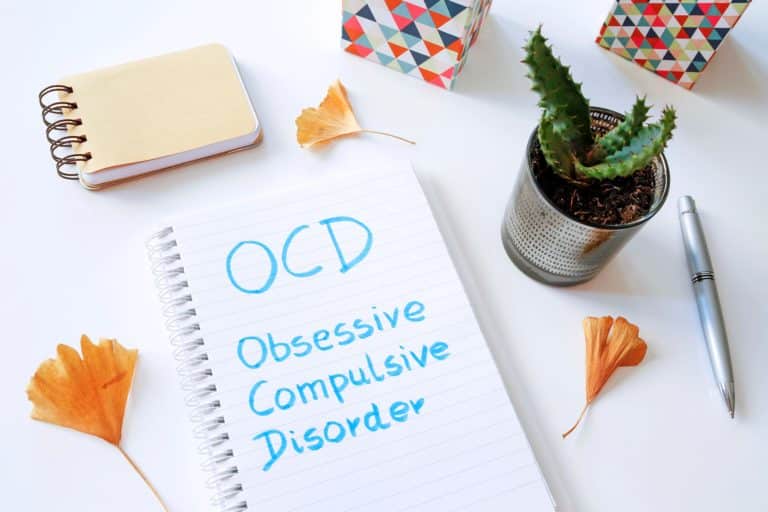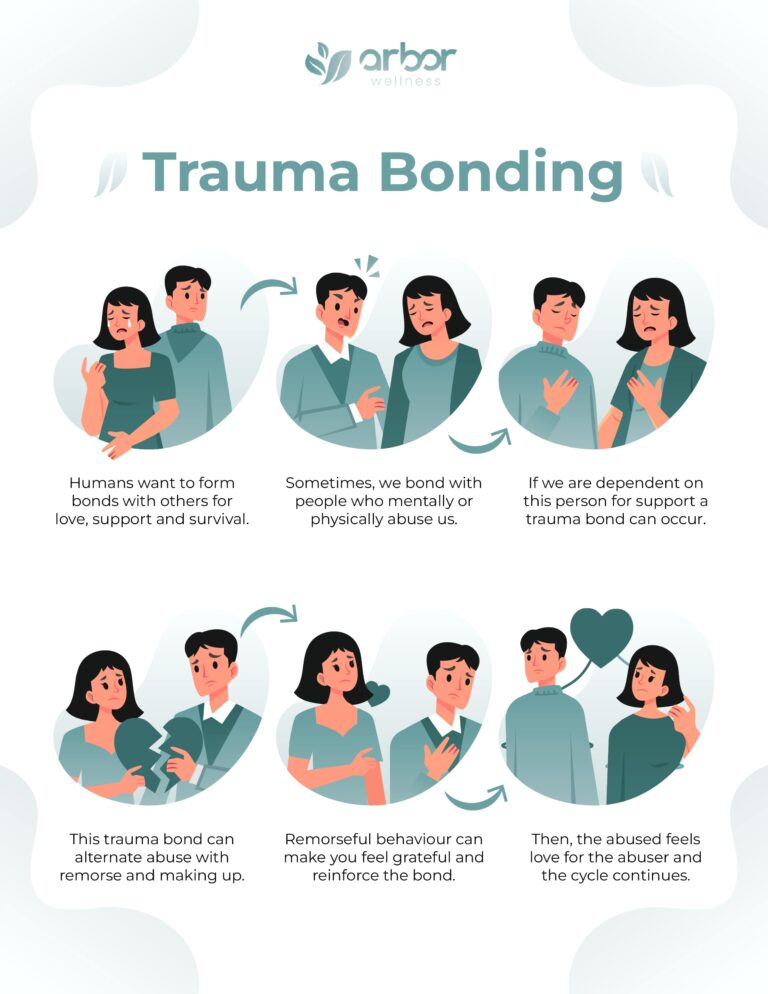One of the more significant challenges of growing older is adjusting to continued changes in your relationship with your parents.
The difficulty can be especially acute when the caregiver roles reverse. It’s rarely simple or easy to take responsibility for the well-being of the people who for so long took care of you.
Many people prepare themselves for the day when their parents begin to experience mobility limitations and other physical effects of aging. But when they’re faced with deciding how to deal with a parent with mental illness, they may struggle to make the best choices.
Common Symptoms of Mental Illness Among Older People
Most mental health disorders can affect people of all ages. However, a person’s age can influence the likelihood that they’ll develop certain mental health concerns. The following are among the more common symptoms that may indicate an older adult is dealing with a mental health challenge:
- Difficulty concentrating, focusing, or remembering
- Significant change in sleep patterns (including both insomnia and hypersomnia)
- Significant change in appetite, followed by a resultant weight loss or gain
- Dramatic shifts in mood
- Confusion
- Acting with uncharacteristic anger or irritability
- Overwhelming feelings of sadness or regret
- Pervasive sense of hopelessness or helplessness
- Loss of interest in topics or activities that were previously of great importance to them
- Withdrawing from friends and family or otherwise isolating themselves
- Headaches, stomach aches, and other generalized pain that isn’t related to an identifiable physical cause
In short, any drastic change in mood, energy level, or behavior may be a sign that your parent has developed a mental health disorder.
What Causes Mental Illness Among Older Adults?
Age can increase the likelihood that a person will develop some mental health concerns, such as Alzheimer’s disease.
However, as is the case with people of all ages, an older adult’s risk of developing a mental health disorder can also be influenced by several genetic and environmental factors.
For example, senior adults who have a family history of mental illness, or who have previously struggled with a mental health disorder themselves, may be more likely to develop certain conditions.
Also, the following environmental or experiential factors are associated with mental health disorders among older people:
- Losing a loved one due to death, divorce, or geographical separation
- Dealing with serious illnesses or injuries
- Life changes such as retiring or moving into a supported living environment
- Traumatic brain injuries due to slips, falls, or other accidents
- Side effects of certain prescription medications
If your parent has one or more of these risk factors, be aware that they may be more likely to experience mental health concerns.
Mental Illness Is Not an Unavoidable Part of Aging
If you are trying to determine how to deal with a parent with a mental illness, please know that help is available and treatment works.
One of the many common misunderstandings about mental health and aging is that older people will inevitably develop psychological problems. Another unfortunate myth is that older people who struggle with mental health concerns cannot be helped.
Both of these beliefs are demonstrably untrue.
Yes, certain mental health challenges, such as Alzheimer’s disease, are more common among older adults. But this does not mean that every person will have problems with memory or cognition once they reach a certain age.
And while many mental health disorders cannot be cured, professional help can still be extremely valuable. Therapy, medication, and other services can slow the progression of some mental health disorders and help older adults learn to manage the symptoms they’ve been experiencing.
How to Deal With a Parent With Mental Illness
To decide how to deal with a parent with mental illness, it can be important to take the following factors into account:
- How old is your parent?
- What symptoms have they been experiencing?
- How have these symptoms affected their ability to function?
- Does your parent need round-the-clock care?
- Is your parent willing to get mental health treatment?
Depending on the answers to these questions, the following steps may be helpful:
- Educate yourself about the type of mental illness your parent has developed.
- Research effective sources of mental health treatment for your parent.
- Talk to your parent about your concerns.
- Emphasize to your parent that you are speaking with them out of love and compassion, and that you want to help them.
- Listen to your parent. Encourage them to speak openly about their health and their attitude toward treatment.
- Consult with your family doctor or another qualified healthcare provider.
Once your parent agrees to get treatment, you can continue to help by making appointments for them, accompanying them to tour the treatment facility, and participating in family programming if it is available.
During and after your parent’s time in treatment, your continued support can be invaluable. Managing the symptoms of mental health disorders can involve taking prescription medications and making certain behavioral changes. Depending on the type of disorder your parent has developed, may need to rely heavily on your assistance as they adjust to their new lifestyle.
Mental Health Treatment for Parents in Nashville, TN
If your parent has developed a mental health disorder, Arbor Wellness may have the solutions you’re seeking. Our mental health treatment center in Nashville, Tennessee, offers multiple levels of customized care for older adults. Our facility is a safe and welcoming place where your parent can receive superior service provided with compassion and respect. Contact us today to learn how we can help you, your parent, and your family.

























